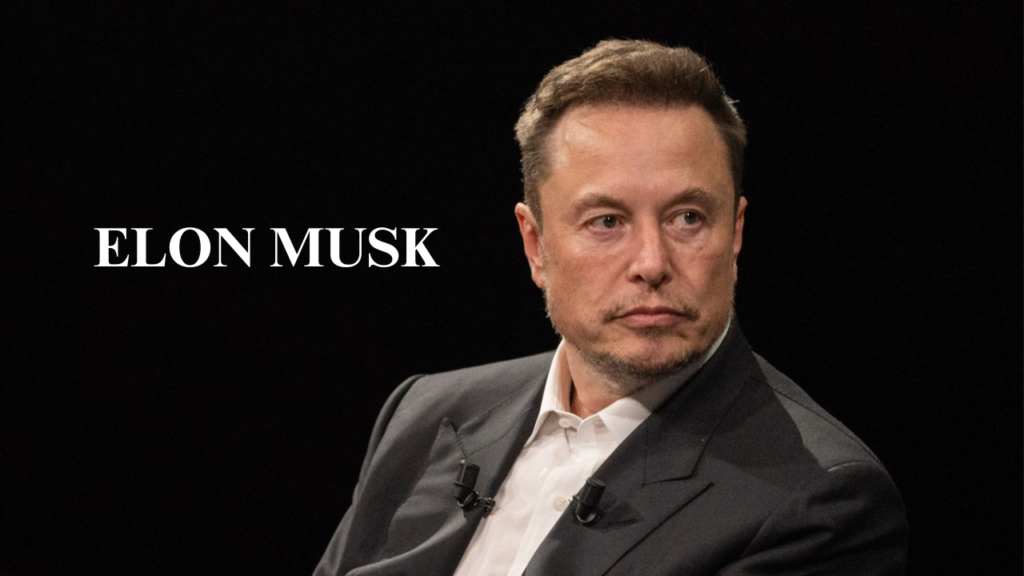Elon Musk, known for his outspoken views on various topics, has recently sparked controversy by making sexist comments.
Elon Musk, known for his outspoken views on various topics, has recently stirred controversy by making sexist comments, implying that only “high T alpha males” should hold positions of power and engage in democratic processes.
The billionaire entrepreneur took to X to share a post that included a screenshot of a theory suggesting that individuals who are unable to physically defend themselves, such as women and men with low testosterone, are particularly susceptible to the influence of forceful, manufactured consensus.
A Republic led by high-status males is the optimal choice for effective decision-making. It embraces democratic principles, but only for those who possess the freedom to think independently. The argument is made that only “high T alpha males and neurodivergent individuals” have the capacity to critically evaluate new information.
The image, first posted on 4chan in 2021 and recently resurfaced on X (formerly Twitter), is titled “the Reich effect,” likely referencing the “Third Reich” under Adolf Hitler. This title hints at themes of nationalism and authoritarianism, drawing parallels between past and present ideologies. Its circulation raises questions about the motivations behind sharing it and the diverse interpretations it may evoke regarding history and its lessons for today.
Musk shared a controversial post with the remark, “interesting observation,” leading many to interpret it as a potential endorsement of the underlying ideology. This divisive content has attracted 19 million views, provoking a strong backlash from numerous female users who are offended by the implication that they lack the ability to form their own opinions, while others argue it perpetuates outdated stereotypes.
Interesting observation https://t.co/xHD5VeS1IC
— Elon Musk (@elonmusk) September 1, 2024
Elon Musk is under fire for supporting a controversial and sexist theory
Musk’s recent post has ignited backlash on social media, especially on X, where users criticized his claim that saying “interesting observation” provides him plausible deniability. Many question his understanding of the impact of his words and whether he is downplaying their consequences to evade accountability.
As criticism mounts, concerns about social media’s role in amplifying voices and the ethical implications of their content grow. Critics argue that such statements can spread misinformation and harmful narratives, calling for greater scrutiny of influential figures’ communications. This incident underscores the complex dynamics of online communication and the potential repercussions of seemingly innocuous remarks from those in power.
Highlighting the inconsistency of the Tesla CEO, another commenter remarked, “Isn’t it fascinating how all these so-called ‘free-thinking alpha males’ arrive at identical conclusions on every issue?”
“I’m a woman and I ask “is the true?” all the time, dipshit. For instance, “is this absurd opinion that’s written as fact true?” NO!,” a third user wrote, while the fourth one added, “Critical thinking isn’t exclusive to a select few; it’s enriched by the varied experiences of all people. A thriving society draws strength from inclusion, not elitism.”
Yann LeCun, a prominent AI figure at Meta, challenged Elon Musk by questioning his acceptance of sexism, highlighting gender bias in tech. He urged leaders to confront sexism, critiqued Musk’s flawed arguments, and called for accountability and a commitment to dismantling systemic biases to promote respect and equality in the industry.
After a challenging year, she bravely shared her mental health struggles with work stress, personal issues, and pandemic isolation. Emphasizing the importance of acknowledging these challenges and seeking help, she discussed her journey through therapy, medication, and support from loved ones. By speaking out, she hopes to inspire others to recognize they are not alone and that asking for help is okay, showing that healing is possible and vulnerability can be a strength.
— Elon Musk (@elonmusk) September 3, 2024

